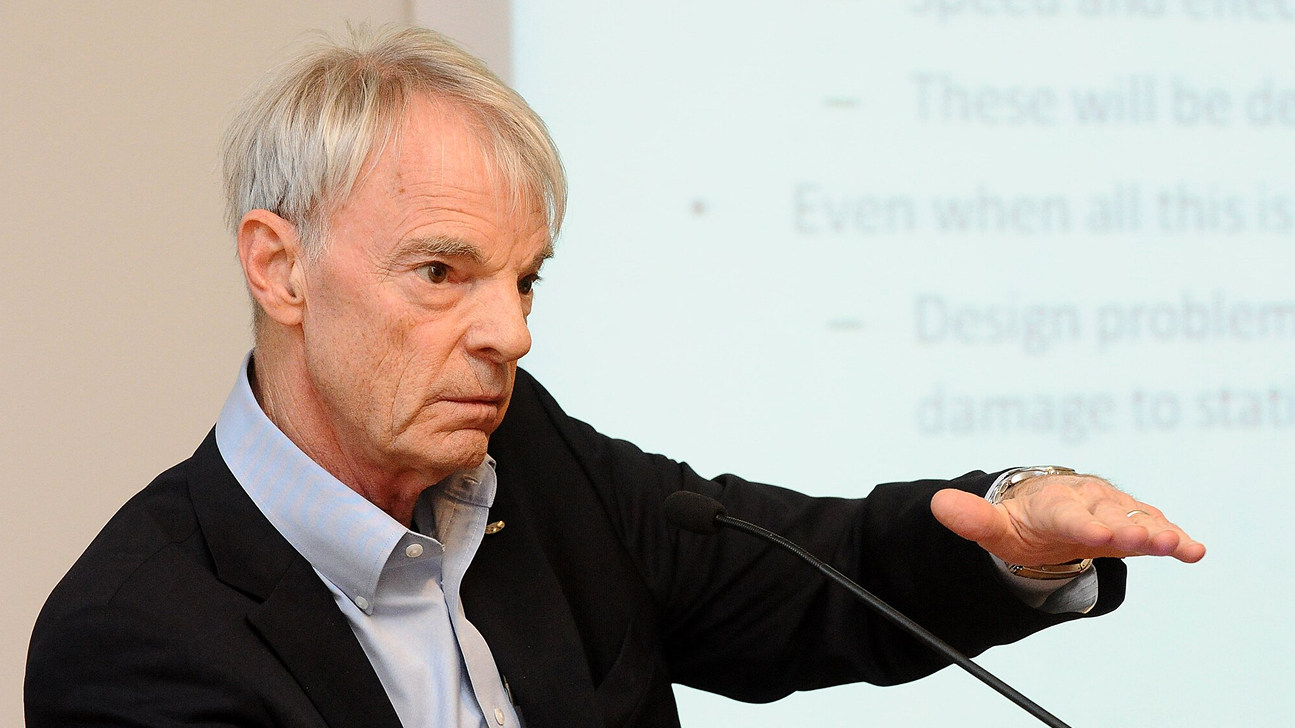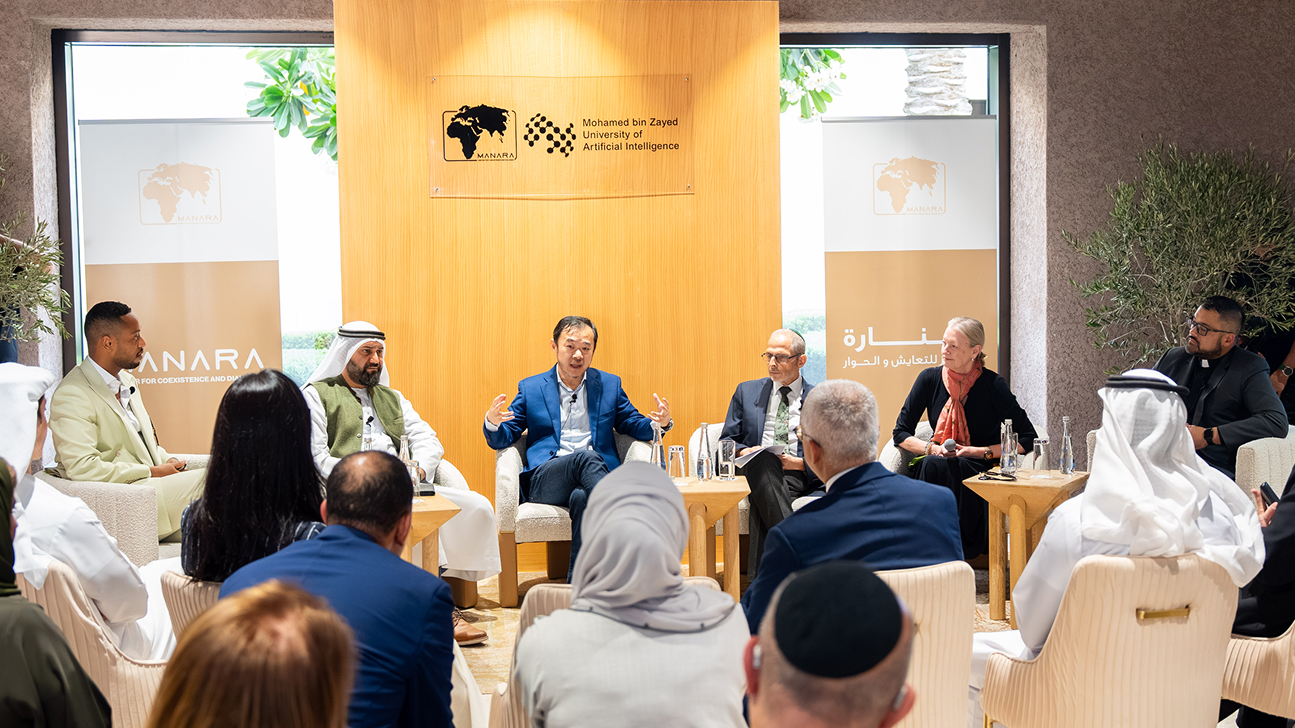Robot Navigation in the Wild
Monday, October 14, 2024
In the last few decades, most robotics success stories have been limited to structured or controlled environments. A major challenge is to develop robot systems that can operate in complex or unstructured environments corresponding to homes, dense traffic, outdoor terrains, public places, etc. In this talk, we give an overview of our ongoing work on developing robust planning and navigation technologies that use recent advances in computer vision, sensor technologies, machine learning, and motion planning algorithms. We present new methods that utilize multi-modal observations from an RGB camera, 3D LiDAR, and robot odometry for scene perception, along with deep reinforcement learning for reliable planning. The latter is also used to compute dynamically feasible and spatial aware velocities for a robot navigating among mobile obstacles and uneven terrains. The latter is also used to compute dynamically feasible and spatial aware velocities for a robot navigating among mobile obstacles and uneven terrains. We have integrated these methods with wheeled robots, home robots, and legged platforms and highlight their performance in crowded indoor scenes, home environments, and dense outdoor terrains.
Post Talk Link: Click Here
Passcode: gn*Fny7!
Speaker/s
Gregory S. Chirikjian received undergraduate degrees from Johns Hopkins University in 1988, and a Ph.D. degree from the California Institute of Technology, Pasadena, in 1992. From 1992 until 2021, he served on the faculty of the Department of Mechanical Engineering at Johns Hopkins University, attaining the rank of full professor in 2001. Additionally, from 2004- 2007, he served as department chair. Starting in January 2019, he moved to the National University of Singapore, where he served as Head of the Mechanical Engineering Department, where he hired 14 new professors. Since January 2024 he has served as the mechanical engineering chair at the University of Delaware, where he has hired two new professors so far. Chirikjian’s research interests include robotics, applications of group theory in state estimation, information-theoretic inequalities, and applied mathematics more broadly. He is a 1993 National Science Foundation Young Investigator and a 1994 Presidential Faculty Fellow. In 2010 he became a fellow of the IEEE. From 2014-15, he served as a program director for the US National Robotics Initiative, which included responsibilities in the Robust Intelligence cluster in the Information and Intelligent Systems Division of CISE at NSF. Chirikjian is the author of more than 250 journal and conference papers and the primary author of three books, including “Engineering Applications of Noncommutative Harmonic Analysis” (2001) and “Stochastic Models, Information Theory, and Lie Groups, Vols. 1+2” (2009, 2011). In 2016, an expanded edition of his 2001 book was published as a Dover book under a new title, “Harmonic Analysis for Engineers and Applied Scientists."
Related
Nobel Laureate Michael Spence on how AI is redefining the global economy
Nobel Prize-winning economist Michael Spence explains how AI is reshaping the economic landscape and what is needed.....
- digital policy ,
- governance ,
- Nobel Prize ,
- guest talk ,
- guest lecture ,
- economics ,
- Economy ,
- Undergraduate ,
Understanding faith in the age of AI
MBZUAI hosted a panel discussion in collaboration with the Manara Center for Coexistence and Dialogue focused on.....
- connection ,
- discussion ,
- religion ,
- spirituality ,
- faith ,
- conversation ,
- panel ,
- Human–computer interaction ,

